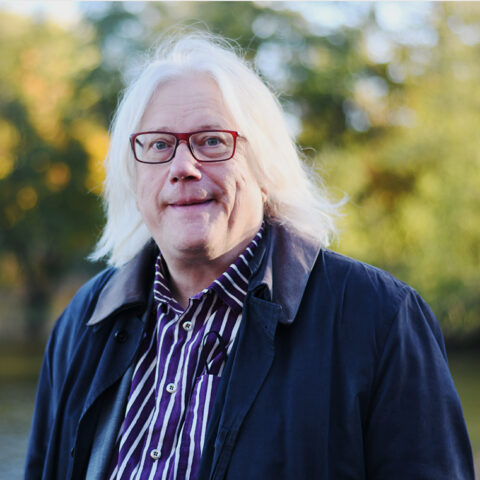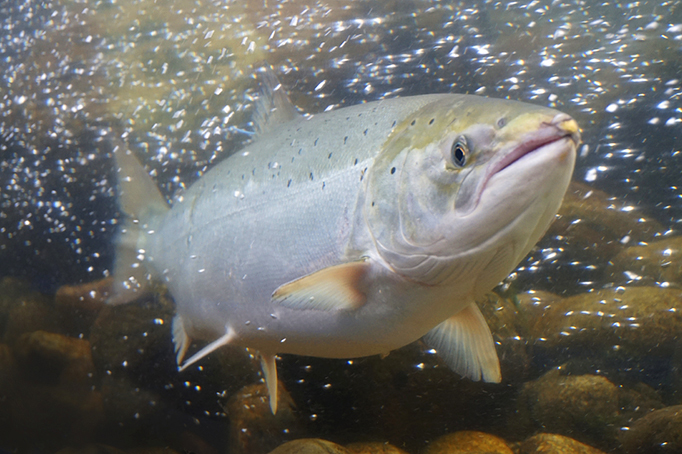Ympäristöjärjestöjen kirje komissiolle kalastuksen neuvoa-antavista komiteoista
–
EU:lla on kalastuspolitiikassa neuvoa-antavia komiteoita. Ympäristöjärjestöt kirjoittivat monista niistä olevista epäkohdista komissiolle. SLL oli mukana kirjeessä vaikka monet asiat ovat parantuneet Itämeren BSACissa. Subject: Participation of environmental NGOs in Advisory…
EU:lla on kalastuspolitiikassa neuvoa-antavia komiteoita. Ympäristöjärjestöt kirjoittivat monista niistä olevista epäkohdista komissiolle. SLL oli mukana kirjeessä vaikka monet asiat ovat parantuneet Itämeren BSACissa.
Subject: Participation of environmental NGOs in Advisory Councils
Dear Mr. Machado,
Brussels, 15 April 2019
We write to you to urgently request a meeting to discuss the involvement of environmental NGOs in the Advisory Councils (ACs).
The Common Fisheries Policy (CFP) recognises that dialogue with stakeholders is essential to achieve its sustainability objectives. It states that Advisory Councils “should enable the CFP to benefit from the knowledge and experience of all stakeholders” (recital 65, CFP), and are established “to promote a balanced representation of all stakeholders”, as well as “to contribute to the achievement of the objectives set out in Article 2” (Art. 43(1)).
Environmental NGOs have actively participated in the ACs for many years and have contributed to numerous AC positions and recommendations. We have worked constructively with industry representatives to reach compromise where possible; and where consensus could not be reached, we have laid out clear, science-based evidence to support our positions.
However, despite our continued commitment, we believe that the value of our work in the ACs, and thus our contribution to achieving the CFP’s objectives, is considerably impaired by structural flaws and a failure to properly apply the provisions of the CFP regarding the ACs (listed in CFP Annex III). Although situations vary from AC to AC, with some functioning better than others, we have witnessed systemic failings in several ACs, such as: failure to adequately reflect the Other Interest Groups (OIG) minority positions in; AC positions; partiality of chairpersons (e.g. speaking time preferentially given to industry representatives);
shortcomings and partiality of AC secretariats (e.g. comments from OIG not incorporated in documents, coordination and advocacy work on behalf of some industry members); inaccurate and/or biased presentation of advice at external meetings; and a failure to ensure discussions are carried out respectfully at all times.
We have also observed a recurrent willingness to neglect the rules of the CFP basic regulation, with sector organisations, including in some cases small-scale fisheries organisations, occupying or seeking to occupy OIG seats. We are aware of the Commission’s actions regarding this point, notably the publication of the delegated regulation EU 2017/1575, which sets out detailed rules on the functioning of the ACs. However, current developments in some ACs show that this regulation leaves room for interpretation and does not prevent the potential undermining of the already-fragile balance between the industry and OIG representation.
Far from being passive in such situations, we have tried to obtain improvements in the rules of constitution and working practices of several ACs. However, the way the ACs are structured – in particular the 60%-40% allocation of seats in favour of industry representatives in the General Assembly and Executive Committee – makes it difficult for the OIG minority to obtain internal procedural improvements and ensure the rules of the CFP are upheld.
Above all, we believe that the capacity we invest in the ACs should not be used primarily to improve their functioning, but rather to achieve the CFP’s objectives through sound and useful recommendations to the Commission and Member States. In order for the ACs to function and deliver as intended in the CFP, we believe that our internal pressure from inside the ACs is not sufficient and that action from the Commission, as responsible for the implementation of the CFP, is necessary and urgent.
Each of our organisations has to assess where our contribution can most effectively help improve the management of our fisheries and deliver a sustainable marine environment. We must prioritise our resources in line with these assessments and our own internal rules, investing our limited human resources and funding wisely. There is a risk of decline in engagement from our organisations in some of the ACs if we cannot make a clear case that our involvement is an appropriate use of money, time and energy, and that these bodies function sufficiently well to advise credibly on policy decisions. While we wish to continue to contribute actively and constructively to the ACs’ work, in the absence of substantive improvements the case for redirecting our efforts to other channels will be increasingly stark.
In conclusion, we wish to request a meeting with you to discuss these issues and the measures that could be taken to ensure that all of the ACs fulfill their task of helping to achieve the CFP’s objectives.
Yours sincerely,
Catherine Weller
Head of Biodiversity Programme, ClientEarth
Allekirjoittajina oli 16 muutakin järjestöä eri puolilta EU:ta, mm. SLL.
Lisätietoja

Toiminnanjohtaja Tapani Veistola
- +358 400 615 530
- tapani.veistola(a)sll.fi


